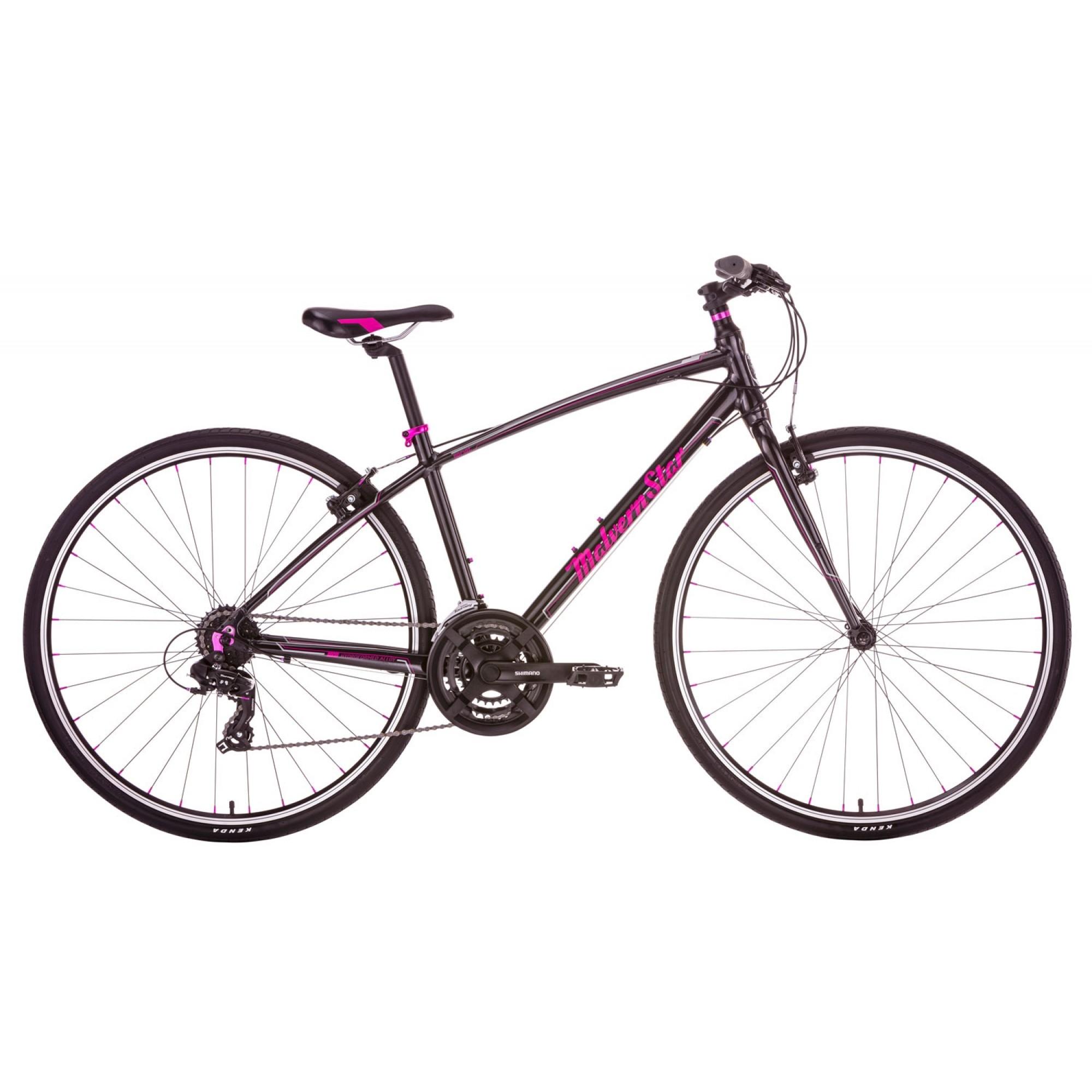I am new to riding. I rode as a kid but stopped for many years. My Physio recommended riding after a leg injury while running, so I went down to the local bike shop and brought a new bike. I am now 100kg (220lb) so I need the fitness. Bike is a lower-mid level hybrid bike costing AUD$550 (Malvern Star Sprint 1).
When taking it out of the garage for a ride after doing about 150km (90mi) on it I noticed the rear wheel hitting the brakes as I wheeled it and then the broken spoke. So I took it back to the store. They told me that it was 100% my fault and it wouldn't be covered by manufacturer warranty, and I must have hit a pothole or something. They told me that they will still fix it for free as a goodwill gesture and some tips about not riding off the tops of gutters (I didn't), avoiding potholes (I try), and taking off in too high a gear (strange to me but ok). The only thing I can think of that I could have done was a flat gutter that had a bit more bump than I was expecting but nothing I believe that could have caused that.
A few rides later, about 300km (190mi) on the clock, it happened again, broken spoke and a bent rim as I was wheeling it out (both times I didn't notice wheeling in, but I didn't really check). I have been trying to follow the advice but some potholes I didn't see, but again nothing that I think was hard enough to do damage.
I know if I go down to the store again, they are going to charge me for the repair as they say it was my fault again. If they do, it probably means the end of riding for me as I can't see how I can avoid damaging it. So is it my fault, am I riding wrong or something wrong with the wheel? What should I tell the store?
Edit: Thank you all for your great suggestions, this is a very welcoming community. I took it to another independent bike store that I found with good reviews to do a wheel rebuild. Talking to them they said bikes at that price point had good frames but skimp on the wheels to get the cost savings. He recommended that I get a completely new wheel as the rim and hub weren't that good either. I don't know if he was trying to upsell me but he seemed to know what he was talking about. Total cost AU$200 with installation.

